Fewer Americans are losing their lives to cancer, according to the latest data from the National Center for Health Statistics. A recent analysis, published in the American Cancer Society’s CA: A Cancer Journal for Clinicians, offers these highlights.
33%
Decrease in U.S. cancer deaths from 1991 to 2020, a “truly formidable” change, American Cancer Society CEO Karen Knudsen tells CNN. This amounts to an estimated 3.8 million deaths averted.
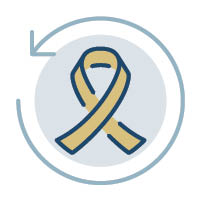
“New revelations for prevention, for early detection, and for treatment have resulted in true, meaningful gains in many of the 200 diseases that we call cancer.”
— Karen Knudsen, American Cancer Society CEO

1,958,310
Projected number of new cancer cases in the United States in 2023. Still, the five-year relative survival rate for all cancers combined has increased from 49 percent for diagnoses in the mid-1970s to 68 percent for diagnoses from 2012 to 2018.

12%
Higher risk of fatal cancers among Black people compared with white people as of 2020. “Racial disparities are largely a consequence of less access to high-quality care across the cancer continuum,” the report authors note. The Black–white disparity in cancer mortality has declined from a peak of 33 percent in 1993.
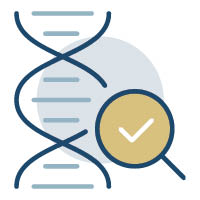
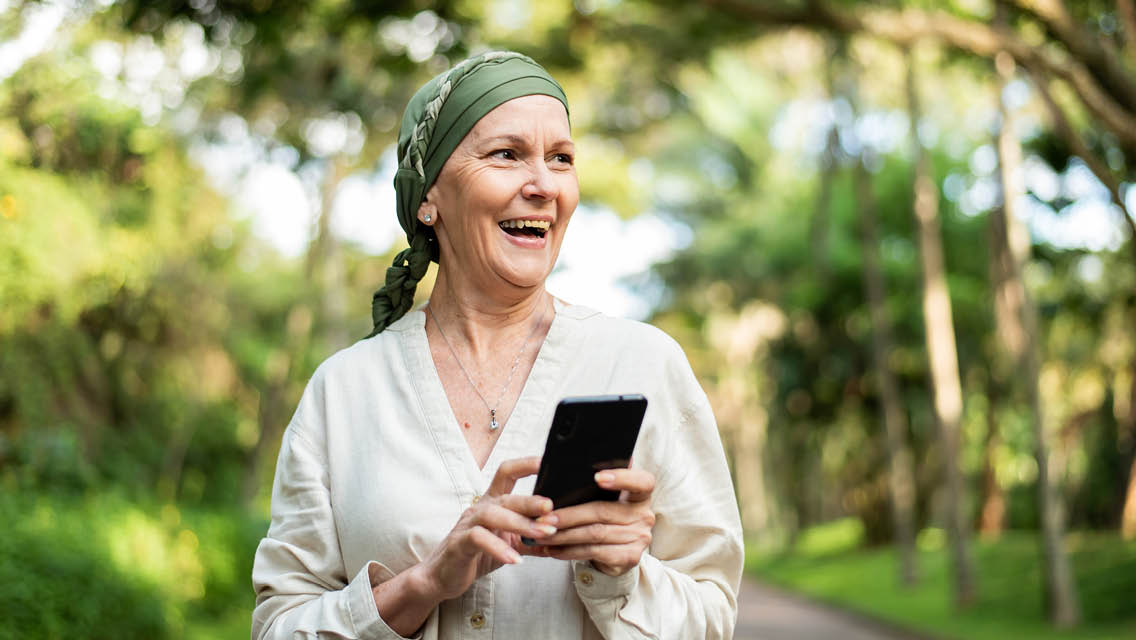


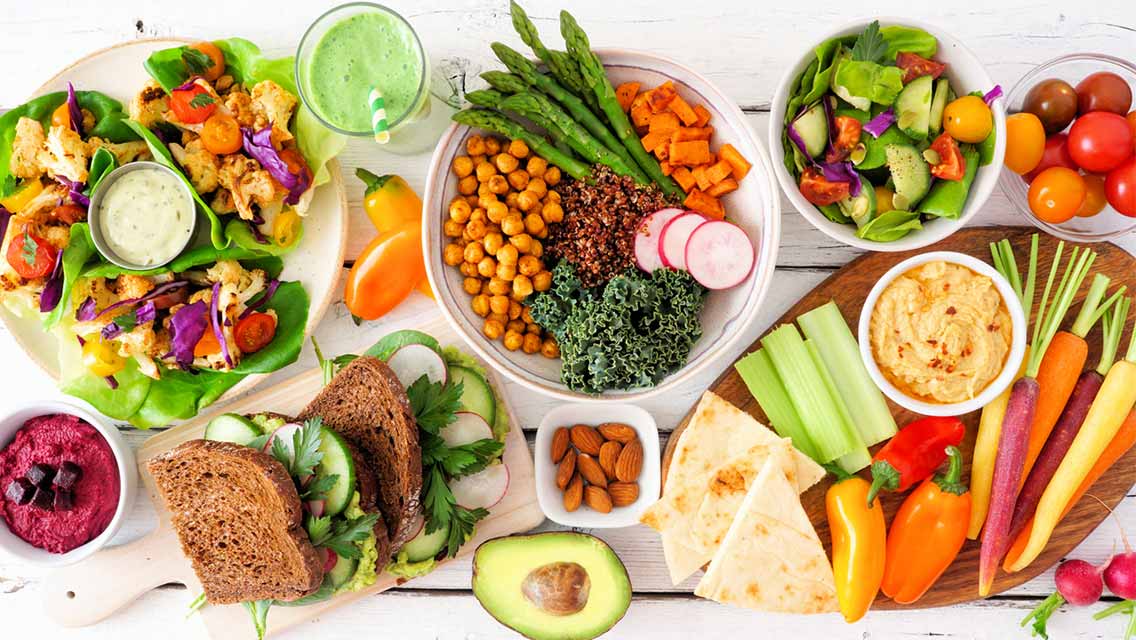
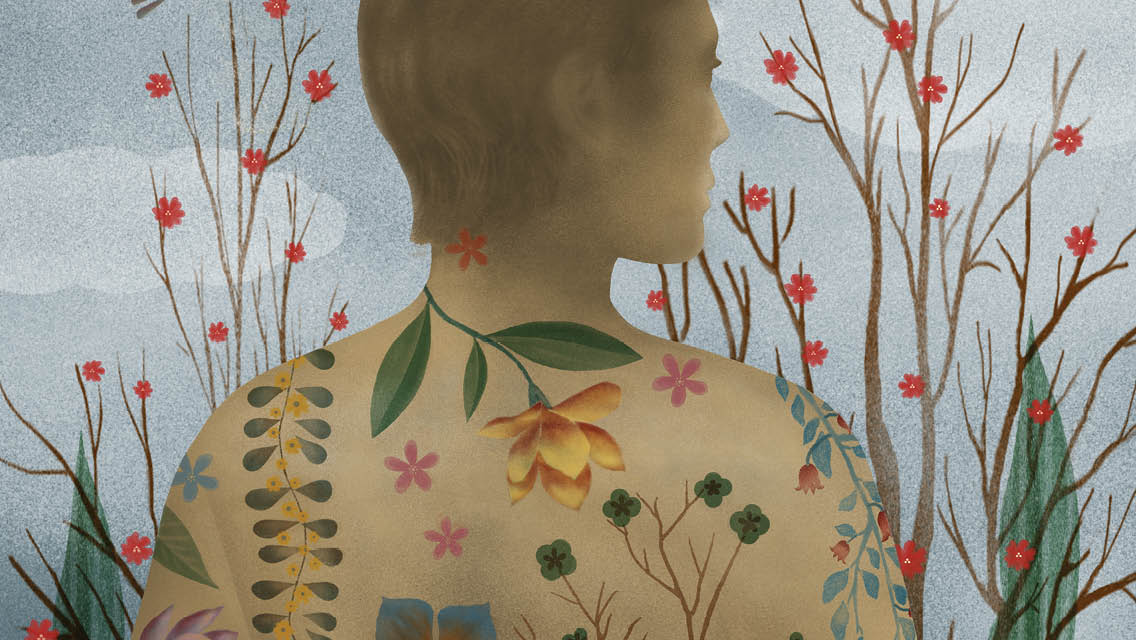
This Post Has 0 Comments